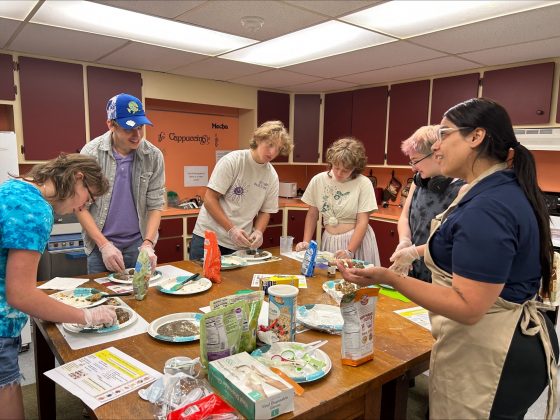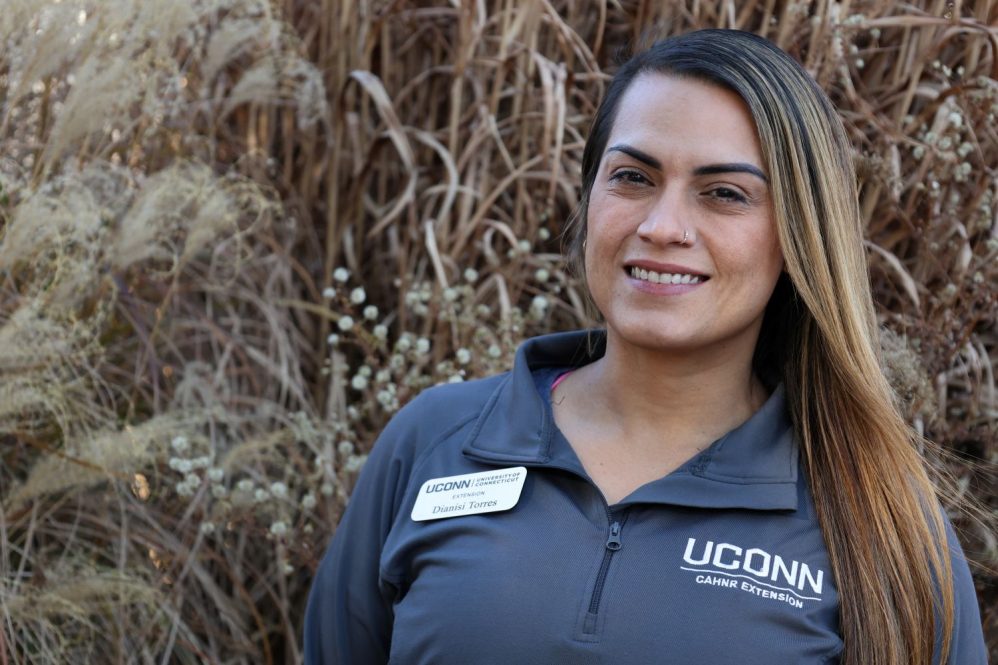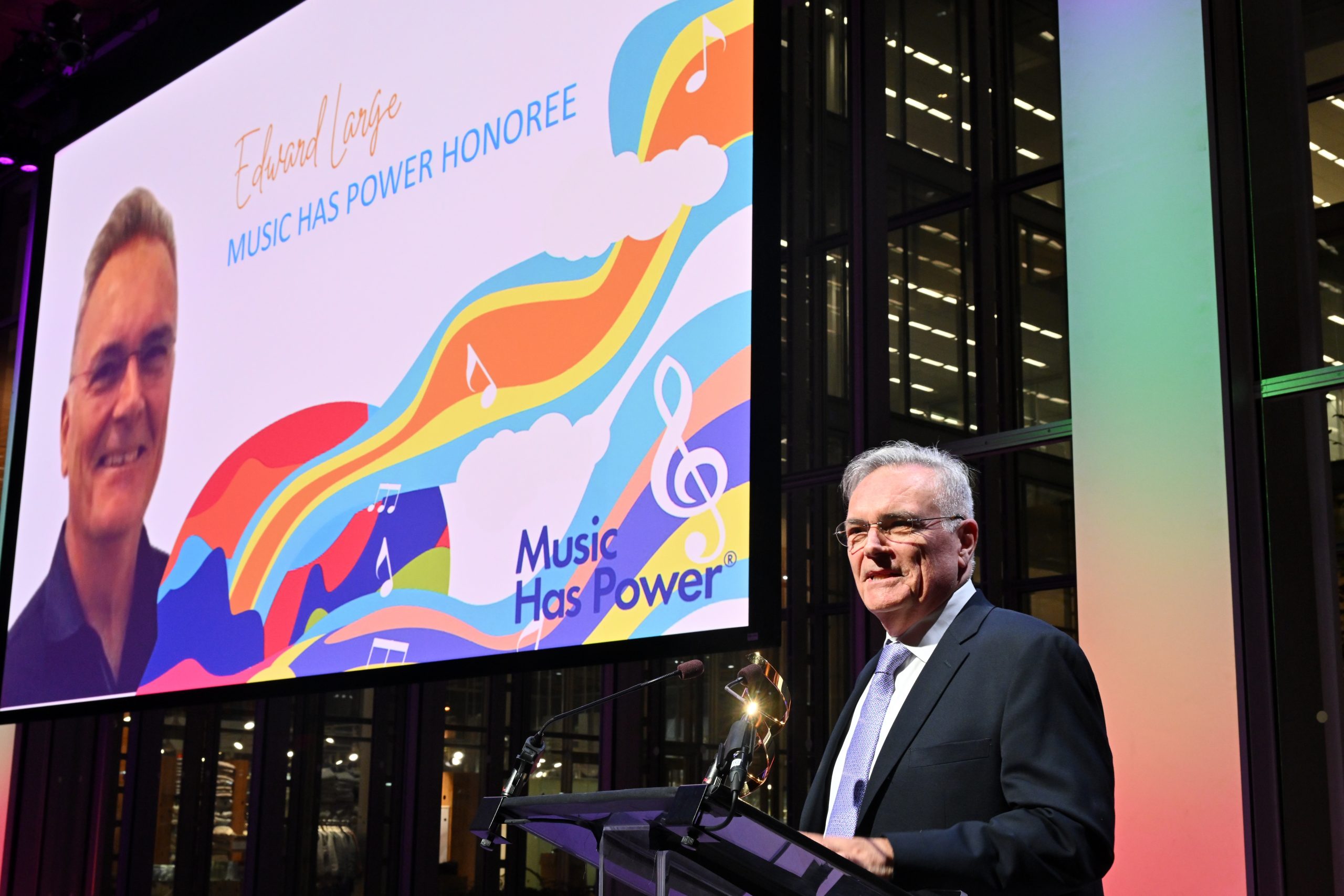UConn Extension’s community nutrition programs focus on more than just education—they emphasize fostering connections and creating a sense of belonging.
Dianisi Torres ’17 (Neag), an educational program assistant, leads the Expanded Food and Nutrition Education Program (EFNEP) and SNAP-Ed initiatives in Windham, Connecticut. For Torres, her work goes beyond imparting knowledge; it’s about building community.

“The participants become like a family,” Torres shares. “People see the same faces over four or five weeks, which creates a sense of belonging. It’s fun—eating, talking, sharing experiences, and learning together. What motivates me is seeing the community gather, spend time together, and share knowledge, food, and resources.”
These programs integrate nutrition, fitness, and gardening curricula to provide a holistic educational experience.
Torres begins each session with community dialogues, listening to participants and partners to understand their situations.
“It’s about respecting what the people of Windham, primarily Latinos and the Black community, actually need,” Torres explains. “I don’t provide without asking. My work with Windham Public Schools, especially mentoring programs, focuses on building Latino leaders for the future. As I grow older, I want to ensure the younger generation continues this work.”
A lifelong Windham resident, Torres’s commitment to the community extends far beyond her role at UConn Extension. She highlights the trust the Hispanic community places in UConn.
“UConn has a lot of respect within the Hispanic community in Windham, especially because of its name and reputation,” she says. “UConn Extension doesn’t just provide programs; it creates the feeling that they’re here for us. For the Latino community, UConn is one of the institutions we trust.”
One challenge Torres addresses is the difficulty of finding culturally appropriate produce, which affects the ability to maintain traditional diets. She bridges this gap by adapting recipes and incorporating gardening into her programs. Participants grow their own produce, promoting self-sufficiency and healthy lifestyles. This approach also introduces participants to new ingredients, helping them adapt recipes while maintaining cultural traditions.
Fitness is another cornerstone of her programs. Torres offers unique classes for families and mothers, focusing on strength-building and accessible routines that can be done at home.
“It’s not just about weight loss but about building strength and well-being,” Torres says.
Program evaluations reveal significant impacts, including increased physical activity, higher vegetable and fruit consumption, and greater awareness of fat intake among participants. Torres relies on her certifications, such as ServeSafe for food safety and mental health first aid, to deliver a comprehensive, impactful program.
“The feedback I get shows the impact,” she says. “Participants want to return, bringing friends and family. Kids, in particular, look forward to my classes, and adults often say the programs feel like therapy. It’s about so much more than knowledge—it’s life-changing for some.”
Social justice underpins all of Torres’s work. She partners with organizations like the Hispanic Health Council in Windham to create platforms for community dialogues on nutrition and other essential topics. “I’m a community organizer with a background in business education,” Torres says. “My passion and advocacy started years ago.”
UConn Extension, located within UConn’s College of Agriculture, Health and Natural Resources (CAHNR) serves all 169 municipalities in Connecticut, and has eight statewide locations, in addition to the UConn Avery Point and Storrs campuses. Over 5,500 volunteers support the various Extension programs annually, contributing more than $5.4 million to their communities. Extension professionals provide online courses and certificates to non-traditional learners and services to state and federal agencies and institutions.
Follow UConn CAHNR on social media



